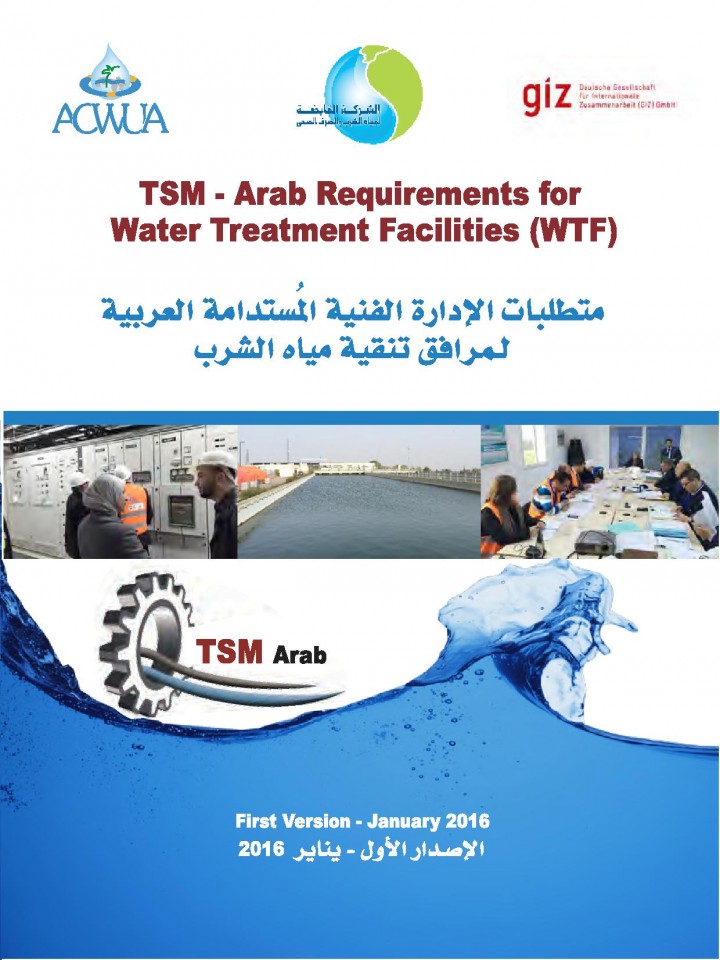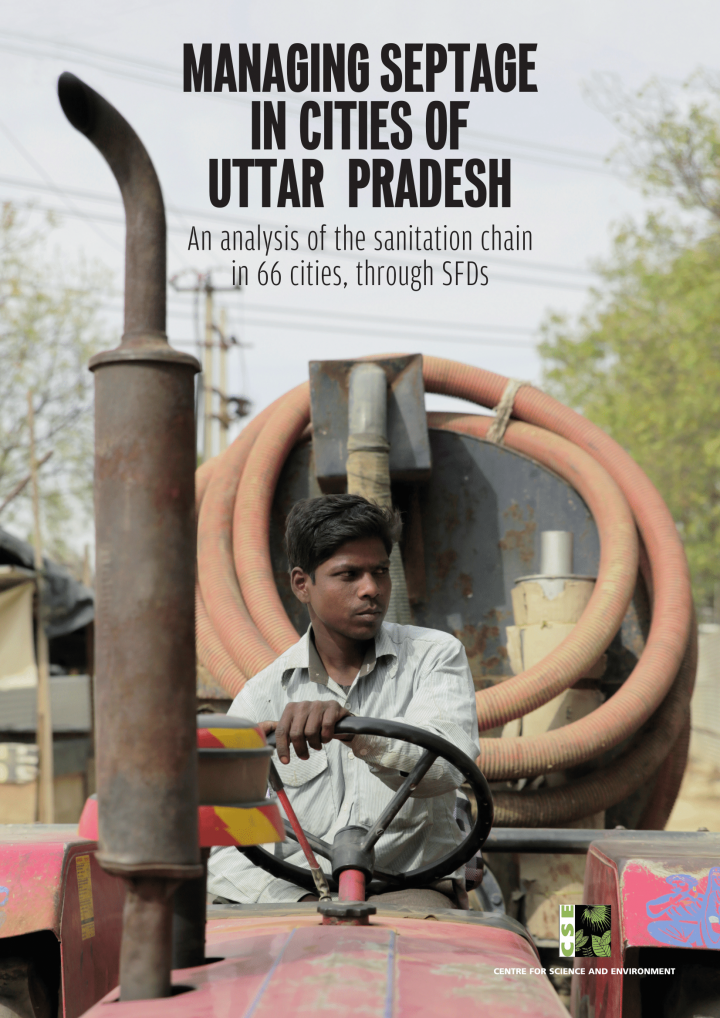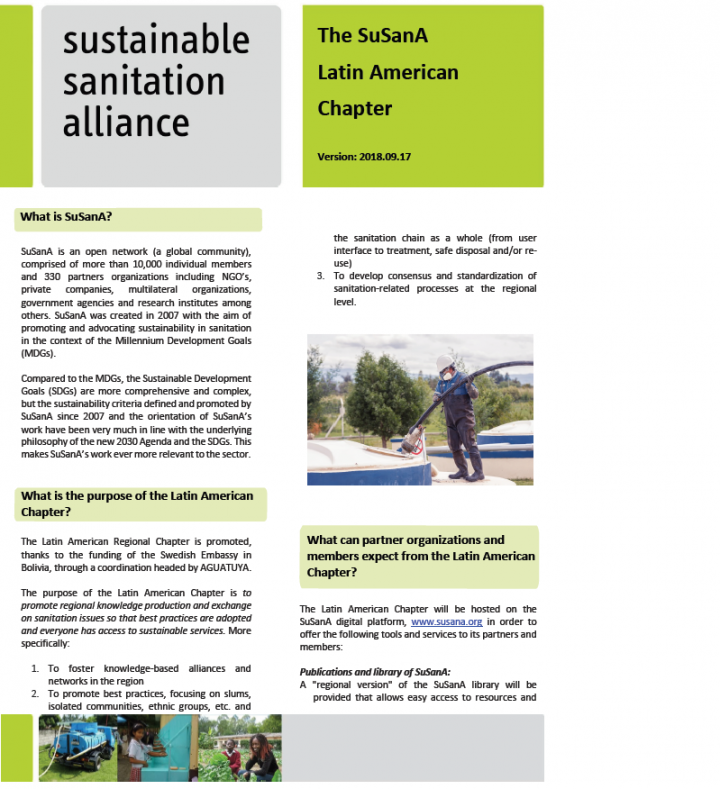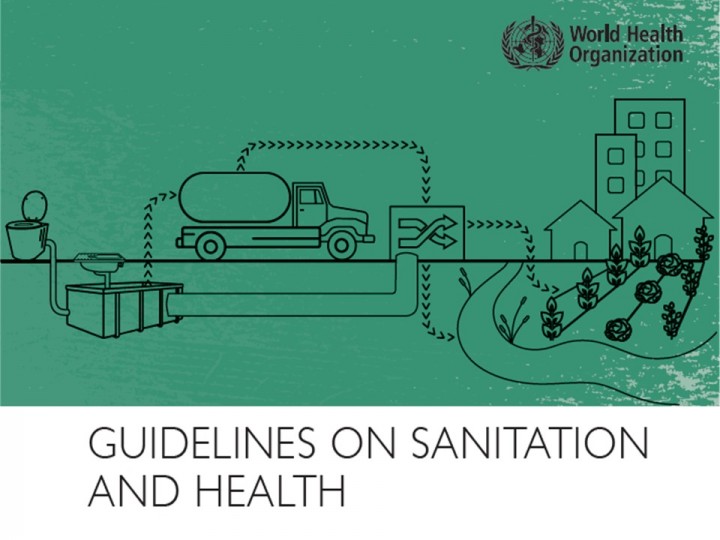Talamini, G., Burchard, A. (2018) SFD Report - Manaus, Brasil (Portuguese and English) SFD Promotion Initiative
O Município de Manaus é a capital do estado do Amazonas e está localizado na Região Norte do Brasil. A Região Hidrográfica chama-se Amazônica e ocupa 45% do território nacional. A densidade populacional é 10 vezes menor que a média nacional, entretanto, a região concentra 81% da disponibilidade de águas superficiais do país. Manaus é a maior cidade da Amazônia e a sétima maior cidade […]
Kappauf, L., Heyer, A., Makuwa, T., Titova, Y. (2018) SFD Report - Lusaka, Zambia SFD Promotion Initiative
Lusaka is the capital city of Zambia. Situated in the central part of Zambia on the Central African Plateau it is one of the fastest-developing cities in Southern Africa. Lusaka is both the political and economic centre of Zambia. Lusaka District is located within Lusaka Province, the smallest but most densely populated of the eleven Zambian provinces (CSO, 2014). According to projections by the Central […]
GFA Consulting Group GmbH (2018) SFD Report - Kakuma, Kenya SFD Promotion Initiative
The SFD graphic and report covers Kakuma town and Kakuma refugee camp. Kakuma town is located in northern Kenya, in the northwestern part of Turkana County approximately 123 km north of the county capital Lodwar and about 100 km east from the border to South Sudan. Kakuma town is located on the eastern bank of Tarach River. In 2018, the town population is around 58,878 […]
Feumba, R., Burchard, A., Kappauf, L. (2018) SFD Report - Douala, Cameroon (in English and French) SFD Promotion Initiative
Douala is the economic capital of Cameroon. In 2005, Douala had 1,907,479 inhabitants (RGPH, 2010). With a growth rate of 4.7%, the population of the city was estimated to be 3,309,939 inhabitants in 2017. The total area of the city (excluding Douala VI and Wouri River) is about 41,000ha. According to ENSP/L3E (2014), 30 to 40% of the area is occupied by slums. Only 50% […]
Westhof L., Dang, T. (2018) SFD Report - Da Lat, Vietnam SFD Promotion Initiative
Da Lat is located on the Langbiang highland plateau at the northern area of Lam Dong Province. The city consists of 12 wards and 4 communes with a total population of 226,978 people by the end of 2017 (CIPTT, 2018). The maximum population density in the central region is 15,632 people/km2, and only 100 people/km2 in the communes. Nearly 100% of the population in Da Lat […]
Fischer, P., Westhof, L., Dang, T. (2018) SFD Report - Buon Ma Thuot, Vietnam SFD Promotion Initiative
Buon Ma Thuot is the capital city of Dak Lak province. It is located in the southwest of Dak Lak and borders Dak Nong province in the west and four districts of Dak Lak province in the other directions. It has a population of about 457,000 (Statistic Office of Vietnam, 2016) with a general growth rate of 1.12% per year. In Buon Ma Thuot, 18% of […]
Badruddin, I. (2018) SFD Report - Thatta, Pakistan SFD Promotion Initiative
Thatta is the main city of Thatta district, in the province of Sindh, Pakistan and has a population of 101,833 (Census, 2017) individuals in 17,998 households. Thatta city is spread over an area of 3823 km² (urban/Rural) and has a population density of 109 people per km². There are no pit latrines in Thatta, and there is almost no use of septic tanks. 85% of the […]
Biad, M., Petermann, T., Feuerstein, L., Herman-Friede, J. (2015) WATER TAP Manual A practical guide to managing water integrity in water utilities: Experiences from pilot projects in the MENA region
This manual is written for water utilities that seek to improve their performance by implementing a change process towards higher levels of integrity.
ACWUA and GIZ (2016) TSM - Arab Requirements for Water Treatment Facilities (WTF) متطلبات الادارة الفنية المستدامة العربية لمرافق مياه الشرب
Technical Sustainable Management TSM (Arab) is a Quality Management System managed by the following stakeholders: - ACWUA-WANT programme as financing and supervision of the TSM-Arab implementation. - Arab Countries Water Utilities Association (ACWUA) - TSM-Arab Task Force of ACWUA members quality management system) - Holding Company for Water and Wastewater (HCWW) as consultant of the programme - German International Cooperation GIZ. TSM (Arab) requirements aims at the development of Water and Wastewater […]
Al-Muyeed, A., Nath, S.K., Basar, M.S. (2018) SFD Report - Saidpur, Bangladesh
Saidpur is a populous city in Nilphamari District, Bangladesh. It came into existence on 30 April 1958 as a municipality, and has 15 wards. It is an ‘A’ category municipality, which means it has had an annual income of BDT 6 million over the past three years. It covers an area of 34.42 km2. The Saidpur municipality has a total population of 127,104, and a […]
Al-karablieh, E., Salman, A. (2016) Water resources, use and management in Jordan A focus on groundwater
In the light of the challenges faced by groundwater as a result of the ever increasing water demand due to population growth, refugee influxes, and economic growth in addition to groundwater depletion coupled with the negative impacts of climate change, it is necessary to identify and support the design of proactive measures to alleviate the effects of droughts and climate change adaptation measures as well […]
WaterAid (2018) SFD Report - Ouahigouya, Burkina Faso
Ouahigouya is a mid-sized city located in the northern part of Burkina Faso and is the capital of the Province of Yatenga. Ouahigouya is approximately 180 km from Ouagadougou, the capital of Burkina Faso. Ouahigouya district is composed of both urban and rural areas. The urban area is 108 km2 and is divided into 15 administrative areas. The rural area is composed of 37 villages. […]
WaterAid (2018) SFD Report - Lahan, Nepal
Lahan Municipality is a small commercial town in Siraha District, located in province number 2 in Nepal. It has a population of about 93,000 people and is nearly 350 kilometres east of the capital city Kathmandu. The majority of the population in Lahan (92%) uses onsite sanitation systems. 3% of the residents use toilets discharging directly into open drains, while an estimated 5% practices open […]
Dumpert, J.W., Mok, S., Kuy, D. (2018) SFD Report - Kampong Chhnang, Cambodia
The Cambodian town of Kampong Chhnang is the capital of Kampong Chhnang Province. The Province is located to the northwest of Phnom Penh, the country’s capital and occupies the south-eastern edge of the Tonle Sap Basin. It borders Kampong Thom to the North, Kampong Cham to the East, Kampong Speu to the South and Pursat to the West. According to the Kampong Chhnang Municipal Authority, […]
Badruddin, I. (2018) SFD Report - Jatoi, Pakistan
Jatoi city has twenty-two urban wards and is located in the Muzaffargarh district of Southern Punjab. The city is a peri-urban area and most of the settlements are informal. Lack of available land is a common issue. The total population of the city is 159,144, according to the 2017 census report. Most houses have their own latrines, and hand washing facilities range from jerry cans […]
Dumpert, J.W., Mok, S., Kuy, D. (2018) SFD Report - Battambang, Cambodia
Battambang is the capital city of Battambang province in north western Cambodia. The city is considered the commercial hub for Cambodia's northwest, connecting the region to Phnom Penh and Thailand. Geographically, Battambang is situated in the Tonle Sap floodplain on the Sangkae River, a small tributary that feeds into the Tonle Sap lake. Defined by Battambang’ Land Use Master Plan, the municipality covers an area […]
CSE (2019) Managing Septage in Cities of Uttar Pradesh
A sanitation snapshot of urban Uttar Pradesh, India clearly indicates that households with onsite sanitation systems like septic tanks (47 per cent) far exceed those with sewer connections (28 per cent), hence septage management in the state becomes an integral part of sustainable sanitation. According to the State Annual Action Plan 2017, most cities have reported more than 80 per cent coverage of latrines, but […]
Valenzuela, L. (2018) SuSanA Latin America Chapter / SuSanA Latinoamérica (in English and Spanish)
This summary gives an overview of main actions planned and what partner organisations and members can expect from the Latin American Chapter. The SuSanA Latin American Chapter initiated in September 2018 and its first phase will run until September 2020. The purpose of the Latin American Chapter is to promote regional knowledge production and exchange on sanitation issues so that best practices are adopted and everyone […]
Eawag and EPFL (2015) Sanitation, Water and Solid Waste for Development (Massive Open Online Courses (MOOC) series)
The MOOC series “Sanitation, Water and Solid Waste for Development” is an open-access eLearning program of Sandec/Eawag. It consists of four courses, which have reached more than 80'000 participants. The courses are available for free and constantly running on the learning platform Coursera. All video lectures are also on YouTube. Please find further information on the webpage given below.
WHO (2018) Guidelines on Sanitation and Health
Safe sanitation is essential for health, from preventing infection to improving and maintaining mental and social well-being. The lack of safe sanitation contributes to diarrhoea, a major public health concern and a leading cause of disease and death among children under five years in low- and middle- income countries; poor sanitation also contributes to several neglected tropical diseases, as well as broader adverse outcomes such […]




















